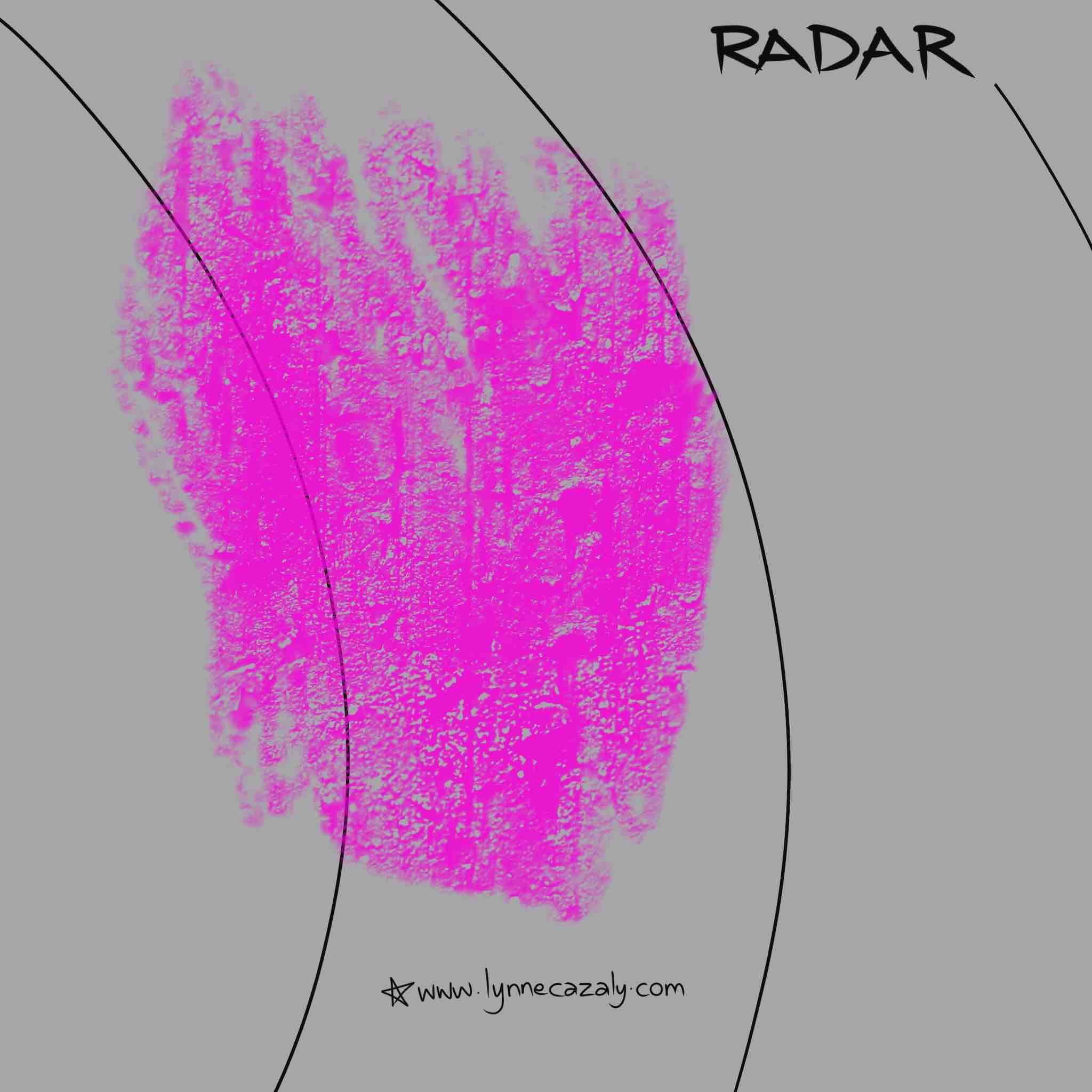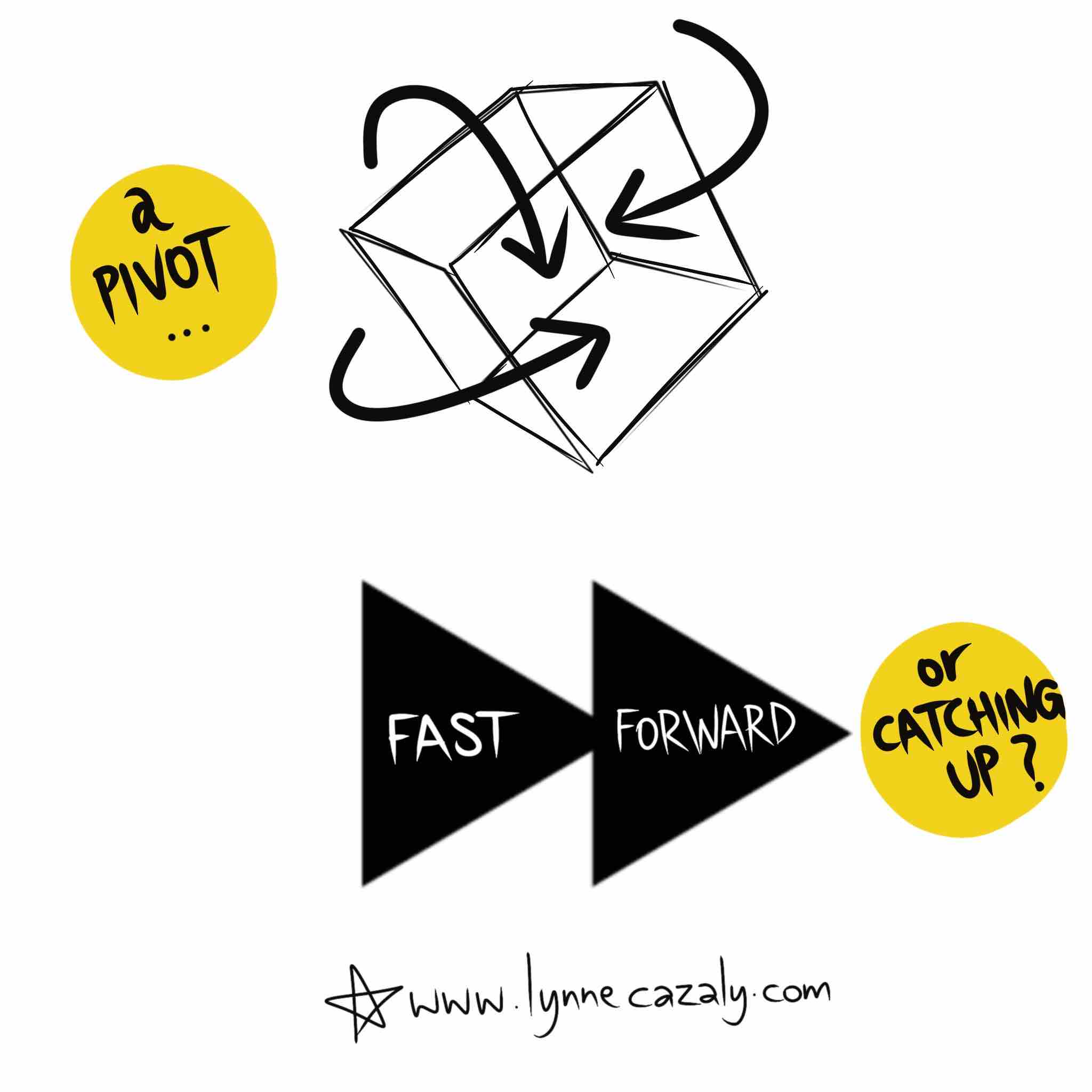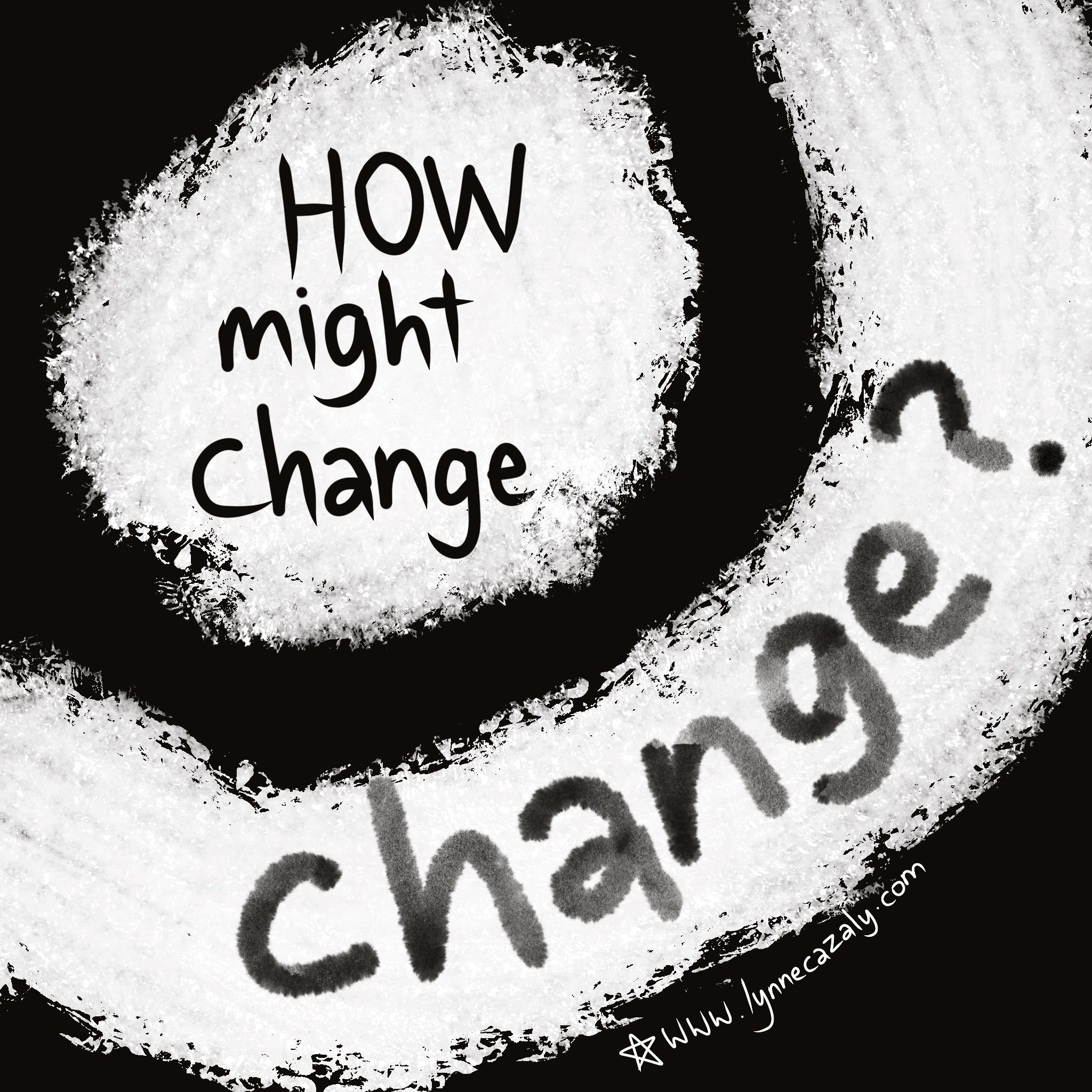Facilitate better/Leverage downtime/Meaning over achievement/Work funk/Take notes/Executive Overload/From do to help/Free Masterclass/My Exhibition!
 Thursday, September 5, 2024 at 5:58PM
Thursday, September 5, 2024 at 5:58PM
Why downtime helps you carry the load
Read this one that explains why and how we need downtime a little more than we're taking it.
Obsessed with achievement / no time for meaning
That’s it. That’s a big problem in the world today. We’re hyper-focused on do, get, have and achieve and don’t really play enough.
We’ve been sold the drive to be productive at the cost of burnout, and don’t know how to let loose, truly relax and have that lighter space of play.
Take a moment and read this one about what we might do to remedy the burnt out lives we are leading. What could we do — simply for the sake of doing it and not because it will achieve us something.
It was a pure pleasure to join with Corrinne Armour CSP and Travis Bell at Professional Speakers Australia event in South Melbourne - dinner prior at Bells Hotel - and then into the program!
Hosted by Lindsey Leigh Hobson the program included Dr Amy Silver interviewing Michael Licenblat CSP and then Kate Dillon MC-ed Trav, Corrinne & I with our 20 mins on Facilitating for more impact - followed by a panel discussion.
Great venue at Central House and a fine example of a fresh, professional and vibrant event.
If you know me, you know I like to take notes
And across multiple devices and surfaces. I don’t use just one tool.
Digital notes, audio notes, analogue notes, journal notes, sticky notes … they all form part of my thinking and working process.
It’s all part of generating and capturing ideas, exploring information, writing, creating and sketching, communicating, sharing, influencing.
What about you? How do you capture, make and create? What’s your process and what’s in your toolkit? Which apps and which tools?
This is an interesting write up in WIRED of writing and digital notebooks.
Whether you use them or not, keep up with how digital note taking is evolving and the uses and applications, features, pros and cons.
Also, I want them all! Shout out to the Remarkable users I know 👋 who love their devices
Funk off work!
Mondayitis and the Sunday Scaries are familiar feelings for those who are in a funk about work.
Whether it’s related to your current role (or no role), the dread of work comes for us all at some time in our career.
It could be the tasks, the location, the commute, the people, the leader or a combination — with a dash of ‘I don’t really know; it’s just funked’.
Working for yourself - while forcefully motivating at times (‘if I don’t work, I won’t be able to support myself’) can bring some mid-week funk or a sense of doubt or confusion at times.
Perhaps it’s envy at those ‘employed people’ who have security (!) and a constant stream of salary. And still employees can watch an independent worker thinking they’re at the beach all day or driving their convertible around joyfully with the top down!
Whatever the funk you feel and whether you’re employed or contracting or looking or consulting, three things to do are:
1. Admit the funk
2. Audit the funk
3. Review the funk data… a bonus tip of
4. Break the funk.
If this is you, read more in this piece from Tim Duggan - ok he uses different terminology and much better examples but I can’t be funked right now. 😁
Executives get overloaded too
It's easy to assume 'they're doing ok', 'they don't have to deal with what I'm dealing with' or 'they're on the big bucks', but the reality is we are all dealing with the overload of too much information.
'TMI' need not just refer to the dumping of too much personal information! It's the weight of the load of everyday information that becomes too much:
emails
meetings
thinking
listening
reading
reviewing
absorbing
deciding -
and on it goes. It is a stress creator for sure. Add to that some long, complex conversations and the brain does feel fried, no matter your job role or level in the business.
Cognitive overload is a problem the Institute for the Future rated as one of the top 10 we’d be experiencing in these times… and they weren’t wrong! It's like we're trying to survive this new weight of information with our old ways of coping -- and we're not coping.
It can be tackled though. This week I'm working with a senior leadership/exec/C-suite team on how to:
😩 understand old ways that cause overload;
☺️ update information processing methods;
😇 handle information better; and
😍 cope with the executive load.
Instead of information getting us down or making us think 'OMG not another piece, please!', cognitive load coping helps us understand what's happening in overload and how to mitigate it before it gets to the 'DING, your brain is cooked' stage.
That means understanding information, connecting the dots and making sense becomes easier and better - and that's a key part of leadership, of self leadership too.
Notice your day and week; where are you getting overloaded? When does it feel like too much? What have you been doing that might be contributing to overload?
➡️ Read more in my Harvard Business Review article 'How to save yourself from information overload' and start saving yourself...
or invite me to come and run a masterclass on it and I'll help you save yourself; no one is going to do it for you 🤩
From this is what I do … to this is where I help
As job roles and businesses change, vanish and shape-shift, we need to ask ourselves how we too have to change.
That thing we did then — as easy as it was to sell or do, comparatively — needs to change too.
Not so big as a pivot. Not so small as a tweak. It’s a relabeling and repositioning.
Whatever you used to be known as, it likely needs to be renamed and revalued and possibly re-explained.
Too often we can hold our ground or remain static in what we do and what we call it. We might think ‘I just need more people to know about this’, or ‘once people understand this, they’ll know they need it.’
But the noise is plenty and the cutting through is harder when people are drowning in too much information. Look at what you do and how else you can position it, label it and name it. It has to tie in to something already sitting in people’s pain centres, you know, “Urgh this is a problem and we’ve got to fix it now.”
That signals they’re feeling it and have funds for it.
Adjust and refine what you’re doing so you meet people with what they’re battling with now — not what was the hot topic a year or three or 23 ago. We different now.
The future will depend on how you think — and learn
Yup, read this one for an insight to how your thinking and learning might need to switch up a gear.
Being in the moment
Thrilled to announce a solo exhibition of something I’ve been working on quietly. And it does happen quietly. I collect fallen, gifted and pruned vines, sticks, leaves, creepers, branches and other ‘detritus’ and I’ve been making them into sculptural artworks.
It’s expanding my creativity as I’m exploring topics and experiences like uncertainty, the unknown, ingenuity, resourcefulness and improvisation.
The exhibit is happening in Albert Park, Melbourne October 8-27 at Gasworks Arts Park
Join me on October 20, 1-3pm in person for a celebration (just show up!) or stop by and spend some time in the exhibit called Being in the Moment, October 8-27.






















